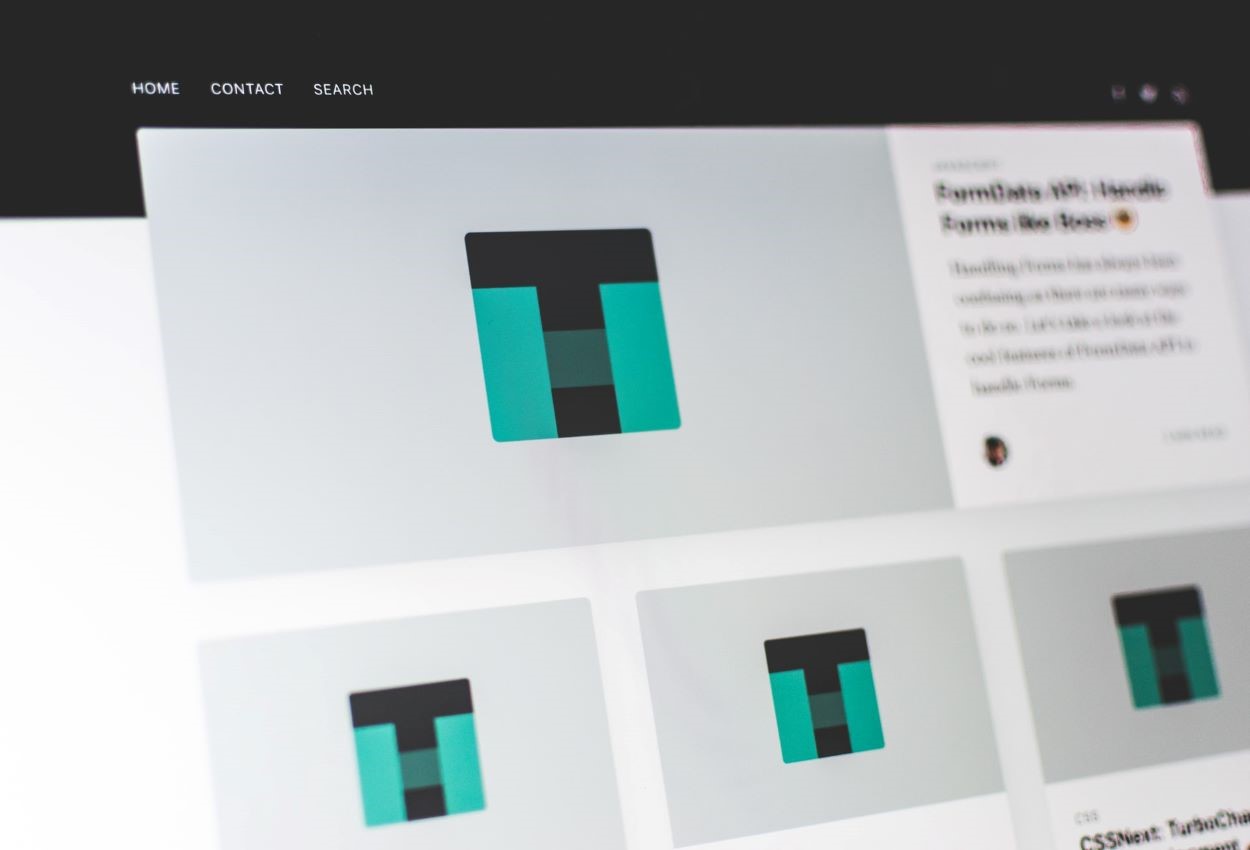Are you looking for web hosting but can't seem to decide between different packages? Is 20GB of space enough for your website? Or should you choose 100GB of space?
Unless you're an expert on web hosting, you'll probably struggle to determine how much hosting space you need. It's always better to have more space, and your website could face issues if you run out of space.
The best web hosting in Pakistan will have enough space for your website to run smoothly, regardless of its size and features. However, you also don't want to pay extra for space that you don't need.
So, how can you determine the ideal hosting space required for your website? Read on to find out!

What is Hosting Space Used For?
Before determining the right amount of hosting space for a website, you should first know where your website will use the space. The hosting space is typically equal to the total space of all your website files plus backup.
If you have the best web hosting in Pakistan, you'll get enough hosting space to host a large website. Typically, your web hosting space will be used up by the following:
- Coding space on website pages
- CMS (WordPress, Java) space
- Pictures and videos
- Website content
- Add-ons such as woo-commerce, etc.
- Downloadable Files and forms
These are some of the primary features present in most websites that will take up your hosting space. Some features use more space than others. For example, embedding videos on your website will take more space than pictures or text.
How to Calculate How Much Space Your Website Needs?
Your hosting space will often depend on the individual requirements of your website. However, when you're choosing a hosting plan from the best web hosting in Pakistan, you need to know more or less how much space your website will be using.
One way to do so is to estimate the amount of space that your website features take up. The typical web page takes around 1-2MB of space. This may include some pictures and a basic content outline. If you have a simple portfolio website, the pages will take up much less space than a single page on an e-commerce site.
You'll also need to factor in the space that your CMS takes. If you have a website made with Java, it will likely take up less space than a WordPress site. However, since WordPress is more popular, you can get more space in a WordPress hosting plan.
If your website already uses hosting, you can always check how much space it uses through the CPanel. This is the easiest way to check how much hosting space you need. However, never base your decision on which hosting plan to choose on the CPanel space alone.
You'll likely need more space to add more web content or to expand your website in the future. You'll also need to factor in the backup space. The backup space should be equal to the total website space. Always keep this formula in mind when calculating the minimum amount of space your website needs:
Hosting space = current website space + backup space
You can use this formula to determine your hosting plan's minimum amount of space. Always choose a plan with more space than this, and your site should run smoothly.
What Will Happen If Your Site Doesn't Have Enough Space?
Choosing the right hosting plan is crucial to the performance of your website. If your website doesn't have enough space, you can experience the following issues:
- Downtime
Your website may go down for certain periods. This is the worst possible thing that can happen to your website, especially if it's a business or eCommerce site. Downtime can affect your ability to generate profits and may damage your brand's reputation as well.
It can also affect your ad campaigns and cause a loss in marketing revenue. Businesses have significant backups to ensure their site never faces downtime, which is why the best web hosting in Pakistan has 99.99% uptime.
- Poor Website Speed
Sometimes, your website may not go down, but it will still have less speed and run as smoothly. If your hosting plan doesn't provide enough space, it will cause your website to load more slowly.
Since website speed is crucial to SEO, Ad performance, and many other business factors, having slow website speed will greatly affect your digital presence. There's no use in trying out speed optimization tactics if your website doesn't get enough space in the first place!

How to Use Less Space In Your Site?
More optimized sites will also require less hosting space, and there are a few things to do that can help optimize your site. Here are some space optimization tips to help reduce your website's space:
1. Save Images in the Right Format
Images can take up a significant part of your hosting space. However, some images are heavier than others and can cause your website to run slower. Save these images in a smaller file format or compress them to save space.
2. Remove Redundant Code From Your Site
If your website takes too much space, it could be a coding problem. Always make sure that your site is designed with the latest languages and code to avoid redundancy. You can also redesign your website to optimize space consumption and speed.
3. Link to Videos Instead of Embedding Them
If you have videos on your site, they're probably eating up your hosting pace. If you have to keep the videos on your website, upload them to YouTube first and then embed the link to your site. This way, the videos will be running on YouTube's hosting, and you'll save a lot of space!
Lastly, always ensure that your website has enough hosting space to function properly. Always choose the best hosting services in Pakistan for hosting plans that you can upgrade as your website grows.
If you're still unsure how much hosting space you need, you can always talk to your web hosting provider for expert advice.

With over 15 years of hands-on experience in web hosting and Linux, stands out as a practical expert in the field. At Websouls, he applies his deep technical skills to solve complex challenges, directly impacting the success of brands. Waqas's approach combines innovative problem-solving with a rich understanding of digital infrastructure, making him a key player in the industry. Follow him on LinkedIn.
 PKR (Rs)
PKR (Rs)
 USD ($)
USD ($)
